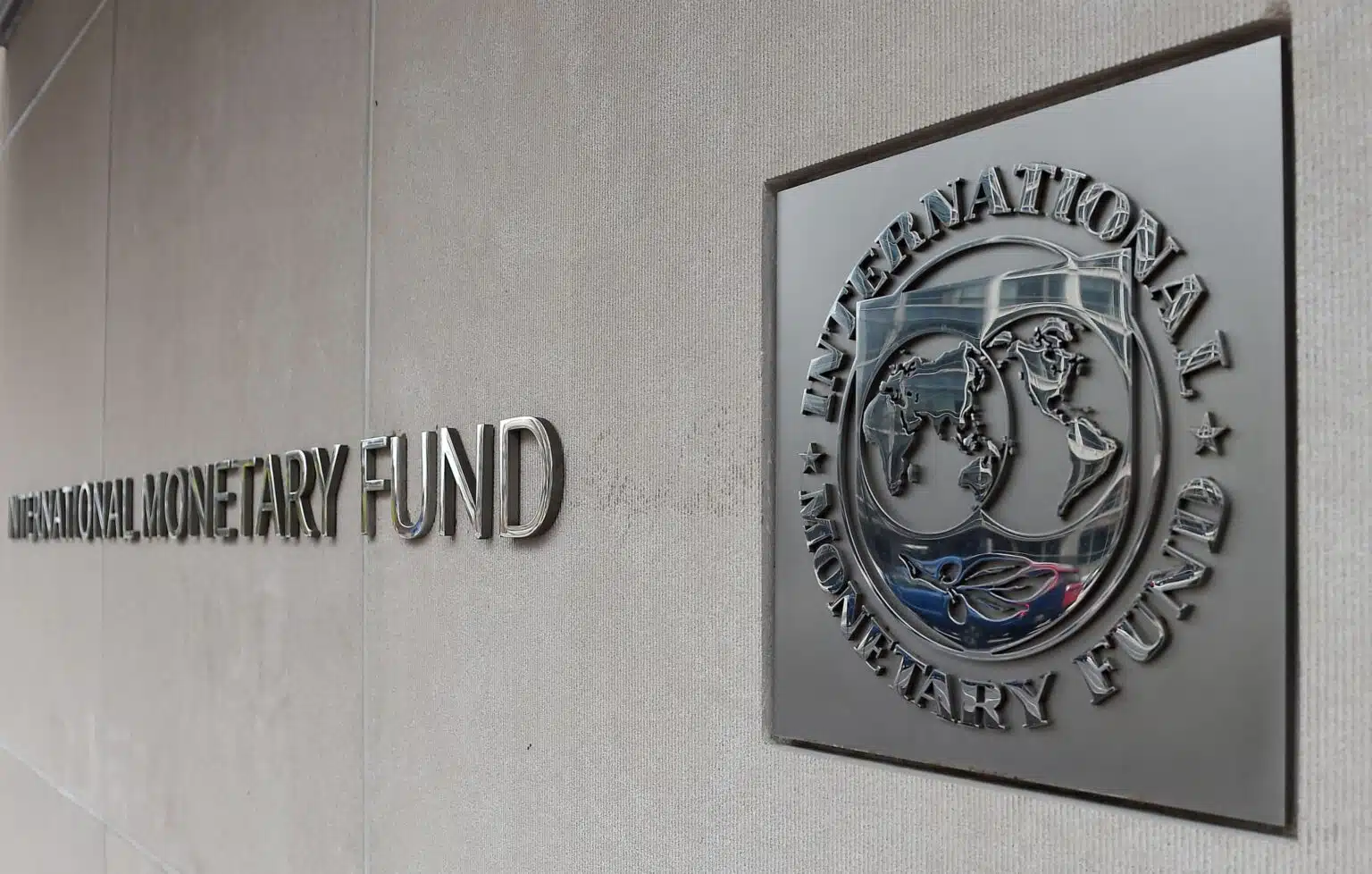The African nation gets a respite in the IMF-approved funds after showing potential for economic growth.
The International Monetary Fund (IMF) approved the first review of Tanzania’s three-year extended credit facility after the meetings were conducted in February 2024 in the cities of Dodoma and Dar Es Salaam.
The conclusive findings enabled the disbursement of about $153 million in budgetary support in the context of Tanzania’s progress in the economic reform program, highlighting the competitive global economic environment.

IMF Deputy Managing Director Antoinette Sayeh stated that the Performance of the African Country has stayed strong, fulfilling all the benchmarks for December 2022, most of them being completed on time.
However, as per the IMF statement, the Tanzanian authorities need to focus on boosting domestic revenues and stepping up structural reforms to combat corruption and streamline bureaucratic challenges. The organization also emphasized the need to strengthen publicly owned enterprises as well as oversight on the financial management for the country to achieve its economic goals.
Loan Agreement Details
The IMF’s Executive Board approved a 40-month extended arrangement under the Extended Credit Facility (ECF) for Tanzania in July 2022.
This provided the African Nation access to the SDR (Special Drawing Rights) worth 795.58 million, the amount estimated to be 1.046 billion USD i.e. 200% of the total allocated quota as per IMF policies.

The ECF arrangement followed the Fund emergency support to Tanzania in 2021 which provided momentary support worth US$561.5 million. The arrangement also expected the African country to boost upon additional bilateral and multilateral financial support.
The program policies of the IMF aimed at the health and economic response, protecting macroeconomic stability. It also gives support reforms towards sustainable and inclusive growth keeping in mind the Tanzanian government’s priorities as well as working on reforms to tap into the growth potential of the country.

Other goals include the expansion of the fiscal space to enable social spending and high-yield public investment via revenue mobilization and spending quality, improving the business environment within the country, and enhancing the monetary policy framework with improving supervision.
The African state took the IMF bailout on the grounds of stunted Economic Recovery of the state due to the pandemic challenges and the impact of the Russia-Ukraine War. The slowdown also impacted the domestic policy changes and the state’s economic development.
Challenges for Tanzania
As per World Bank, Tanzania had an average growth rate of 6-7% over the last decade, despite a decline in the Pandemic driven years of 2021-22. In 2022, the growth rate was 4.6%
The major challenges that the state is facing are a rising poverty rate, which increased to 27% in 2021, and mitigation of inflation on food which increased in 2022 due to the war and drought in the country which reduced food production despite a stable currency rate throughout the year.

All of these challenges are seen as crucial, especially in the context of the country’s rising population growth, which is the third highest in the world.
The country is also looking forward to drawing more investments in mining, agriculture and the petroleum sector as well as working towards the implementation of the “Blueprint for Regulatory Reforms to Improve the Business Environment in Tanzania” with a goal to increase the score to 100. Tanzania is also a part of India’s Special Vostro Rupee Accounts banks (SVRAs) which enables the country to take part in trade through the Indian Currency, boosting trade relations.
Things look bright for the country, and it could lead to a rise of a new economic power in Africa.













